Dunning-Kruger in Executive Protection
There's a trap many of us fall into without even realizing it. It's this belief that because we've been around, seen some things, and dealt with various situations, we somehow have all the answers. But here's the kicker: this attitude does more harm than good. It's not just about being wrong sometimes; it's about how this mindset can actually make us less effective and, frankly, less respected in our jobs. This whole idea ties back to the Dunning-Kruger effect. It's a term psychologists use to describe when people with a little bit of knowledge overestimate their abilities. It's like when someone learns a few chords on the guitar and suddenly thinks they're ready to headline a concert.
The heart of the issue isn't really about what we know or don't know. It's about how our ego and pride can sneak up and take the driver's seat. When we let our need to be right or our desire to be seen as the expert take over, we're setting ourselves up for failure. Acting like we've got all the answers can lead us to overlook critical details, ignore valuable input from our team, and, let's be honest, annoy the shit out of everyone around us.
Confidence is essential in our line of work. It's what helps us make quick decisions under pressure, and it's what makes people trust us to keep them safe. But there's a fine line between being confident and crossing over into arrogance. Confidence says, "I've got this, but I'm always ready to learn more." Arrogance says, "I've got this, and I don't need anyone's advice." That arrogance? It doesn't just push people away; it blinds us to our own limitations and makes it hard to grow.
Now, humility doesn't mean putting yourself down or thinking you're not good at your job. It means recognizing that no matter how much you know, there's always more to learn. It means being open to feedback, willing to admit when you don't have the answer, and understanding that every situation, every client, and every day brings a new challenge. Humility makes us approachable. It makes us better listeners and better learners. And when we're open to learning, we're constantly improving our skills and becoming more effective at what we do.
But it's not just about being a better professional. It's about building stronger teams. When we're humble, we foster a culture of collaboration and respect, which is critical in our profession. Our job isn't just about the physical act of protecting someone; it's about being part of a team dedicated to safety and security, and every team member, no matter their role, has something valuable to contribute.
We need to keep our egos in check. It's okay to not have all the answers. What's important is being willing to ask questions, seek out new information, and learn from our experiences. The best in our field aren't the ones who think they know everything; they're the ones who are constantly striving to be better, to learn more, and to adapt to each new challenge.
Brady Pesola
